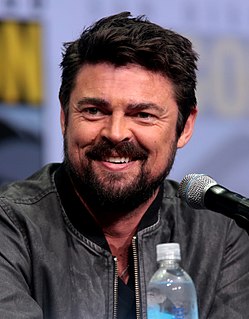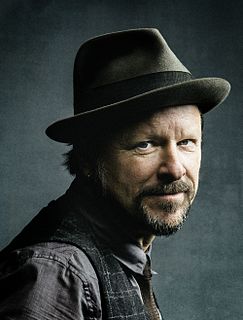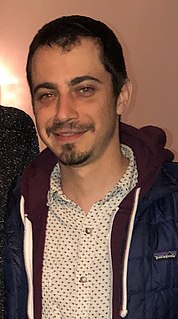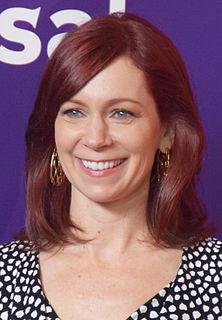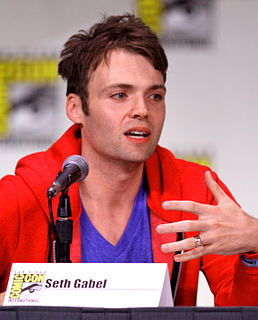Цитата Джонатана Риз Майерса
Нет большой разницы снимать что-то для телевидения и снимать что-то для кино; разница в том, что фильм в кинотеатре, а телевизор у вас дома.
Связанные цитаты
Первое, что я говорю, когда люди спрашивают, в чем разница [между работой на телевидении и в кино], это то, что у фильма есть конец, а у телевидения — нет. Когда я пишу фильм, все, о чем я думаю, это то, где все закончится и как привлечь к этому внимание зрителей. И на телевидении это не может закончиться. Вам нужно, чтобы аудитория вернулась на следующей неделе. Это как бы меняет направление повествования. Но я нахожу это больше как сценарист, чем как режиссер.
Я был на шоу Мадонны много-много лет назад, и я был в центре внимания, и она вышла, и я имею в виду, что это была лучшая часть шоу. И я стрелял, стрелял, стрелял, стрелял. И я такой: «Боже, я, должно быть, отснял сотню кадров, разве у меня не закончилась пленка?» И я открыл заднюю часть камеры, а там не было пленки. Так это случилось со мной только один раз.
Если вы снимаете фильм, то волшебства там нет, потому что вы были там во время его съемок. После того, как вы написали фильм, сняли его и каждый день находитесь в монтажной, вы никогда не сможете увидеть его ясно. Я думаю, что восприятие вашего фильма другими людьми более обосновано, чем ваше собственное, потому что у них есть возможность увидеть его впервые.
Я только что закончил фильм несколько дней назад, пришел домой и сказал, что сегодня многому научился. Так что, если я могу вернуться домой после работы над небольшим фильмом после 45 лет работы и сказать: «Сегодня я так многому научился», это кое-что говорит о кино. Потому что кино очень молодо. Ему всего 100 лет.
«Настоящая кровь» снята на пленку. Это больше похоже на фильм, и на его съемки уходит больше дней, плюс в нем есть час контента. «Хорошая жена» — это сеть. Они снимают в HD. Он движется быстрее, и у них всего сорок минут контента вместо полного часа. Не говоря уже о разнице в стрельбе, вы знаете, вещи с рейтингом R!



